The 4th edition of the Polepharma Microbiomics Days, presided over by Professor Pierre Dechelotte, Head of Nutrition at CHU de Rouen Normandie and part of the Inserm – University of Rouen Normandie Unit, recently concluded at the Kindarena in Rouen.
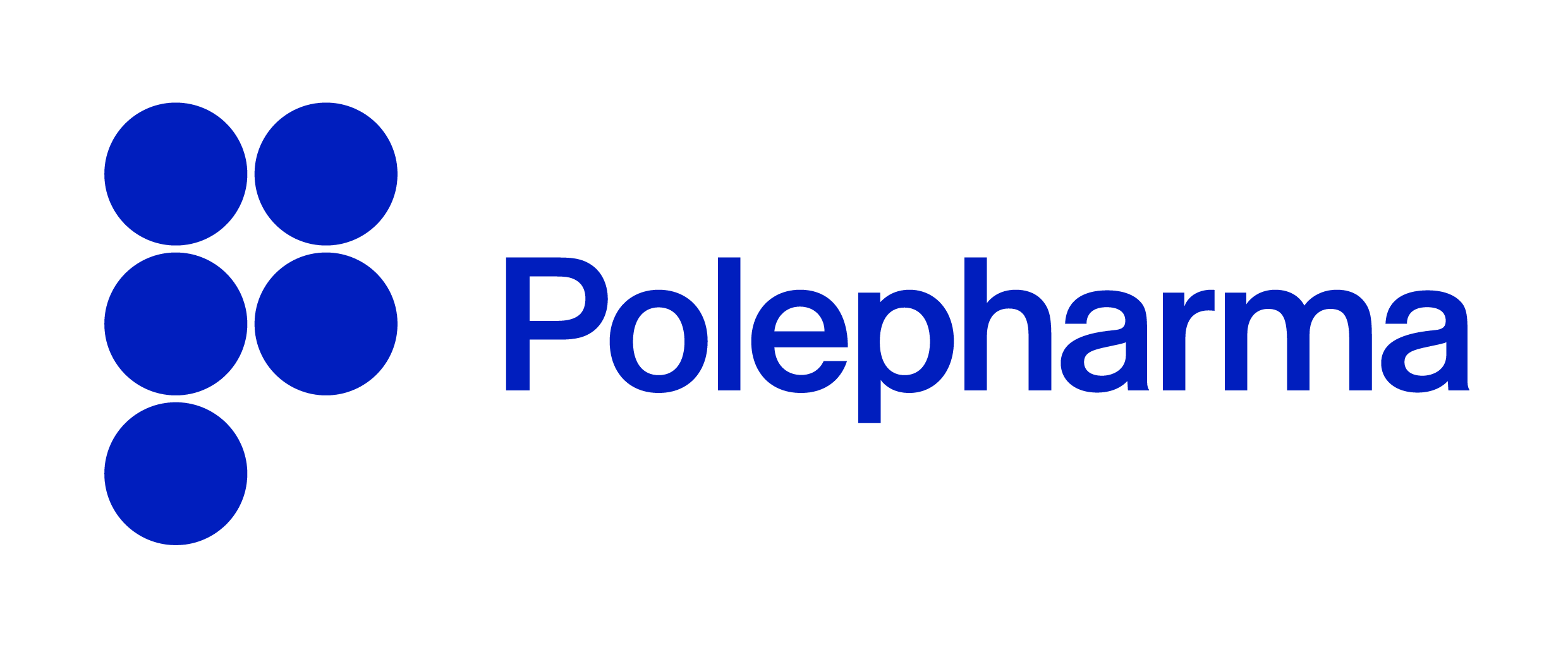
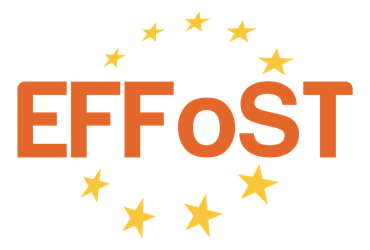
Stéphane participated to the #EFFOST2023 conference in Valencia (6th to 8th of November) during which a specific session an EU project was planned.

Marie and Julien participated in the NutrEvent held in Rennes on the 17th and 18th of October.
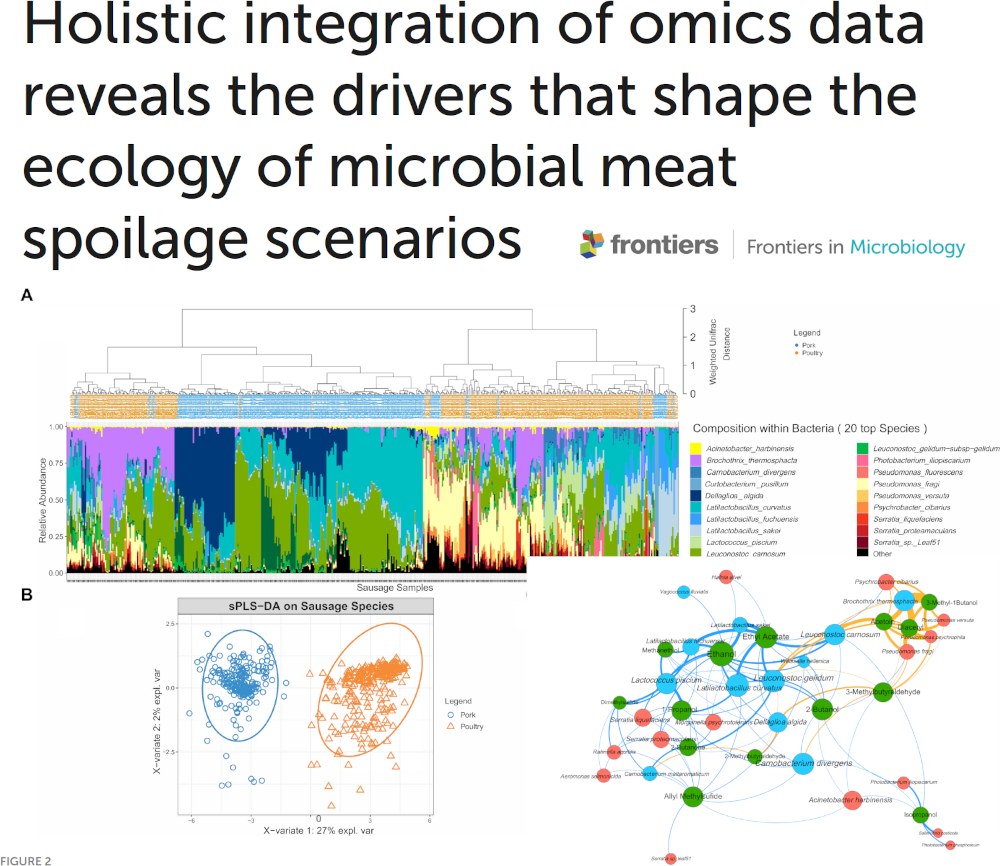
In our last article1 published online this Wednesday 18th of October in frontiers in Microbiology, we demonstrate how an ambitious meta-omics sampling strategy can be holistically integrated to reveal the secrets of microbial flux within food production. Our paper focuses on spoilage scenarios in meat products, but the concept can be applied broadly to all types of food. We demonstrate that, in addition to studying the parameters influencing microbial flux, it is also possible to highlight certain metabolic interactions between micro-organisms. Many thanks to the ANR for funding this project, and a wave of congratulations to all our colleagues in this consortium.
-
Poirier, S. et al. Holistic integration of omics data reveals the drivers that shape the ecology of microbial meat spoilage scenarios. Front. Microbiol. 14, 1286661 (2023). ↩

The 18th national congress for the French Microbiology Society (SFM) was held in Rennes the 4-6th October. Stéphane was welcome as a guest and gave an introduction conference in the session dedicated to “microbes and functional foods”. He delivered a 25 min talk untitled ”Design of microbial solutions for sustainable and healthy fermented food: perspectives & challenges”.
Latest Posts
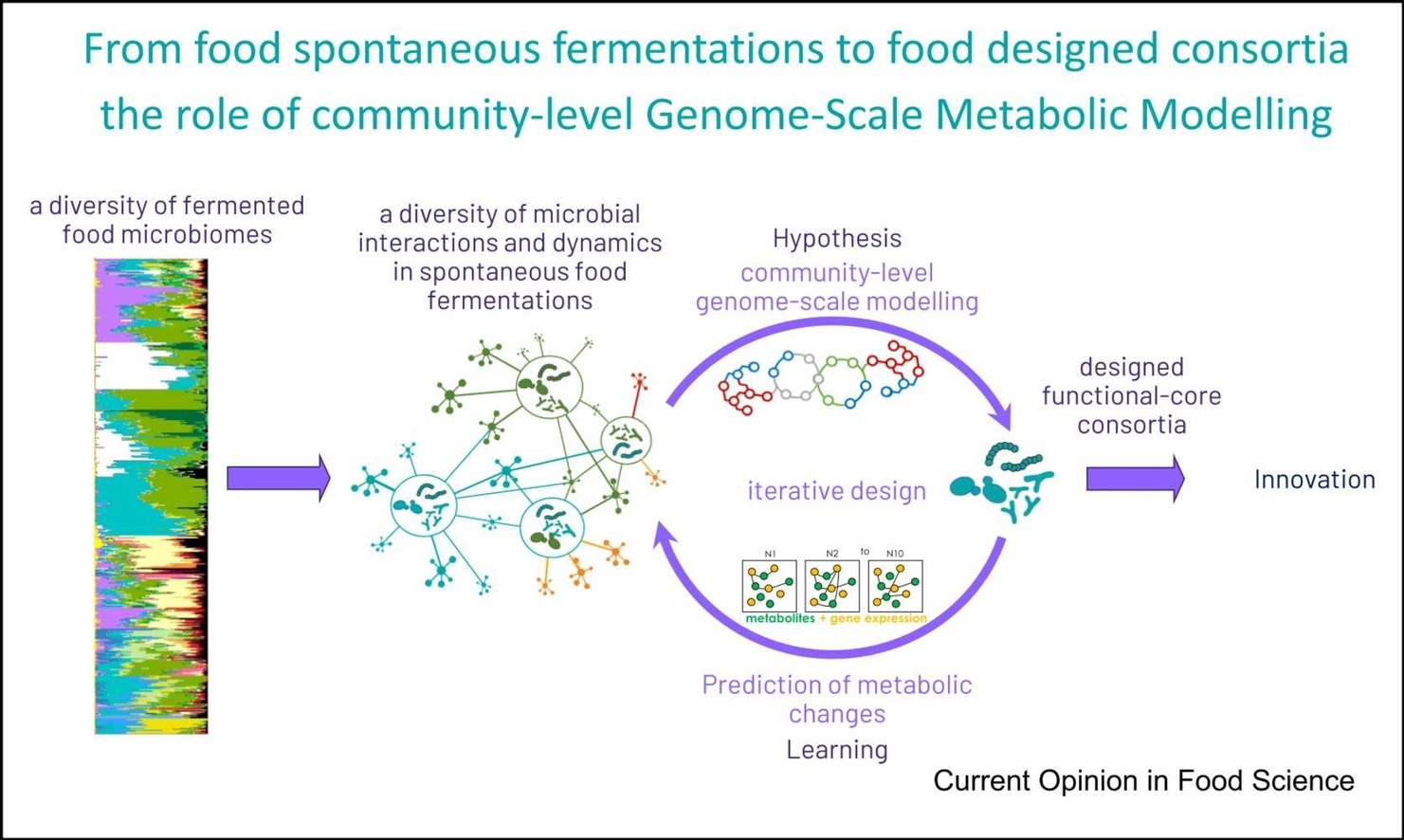
Our new article entitled “Microbiome metabolic modeling as a tool for innovation in fermented foods” has been published in in Current Opinion of Food Science1.
-
Elham Karimi, Julien Tap, Marie-Christine Champomier-Vergès, Stéphane Chaillou. Microbiome metabolic modeling as a tool for innovation in fermented foods. Current Opinion of Food Science. 2025 ↩
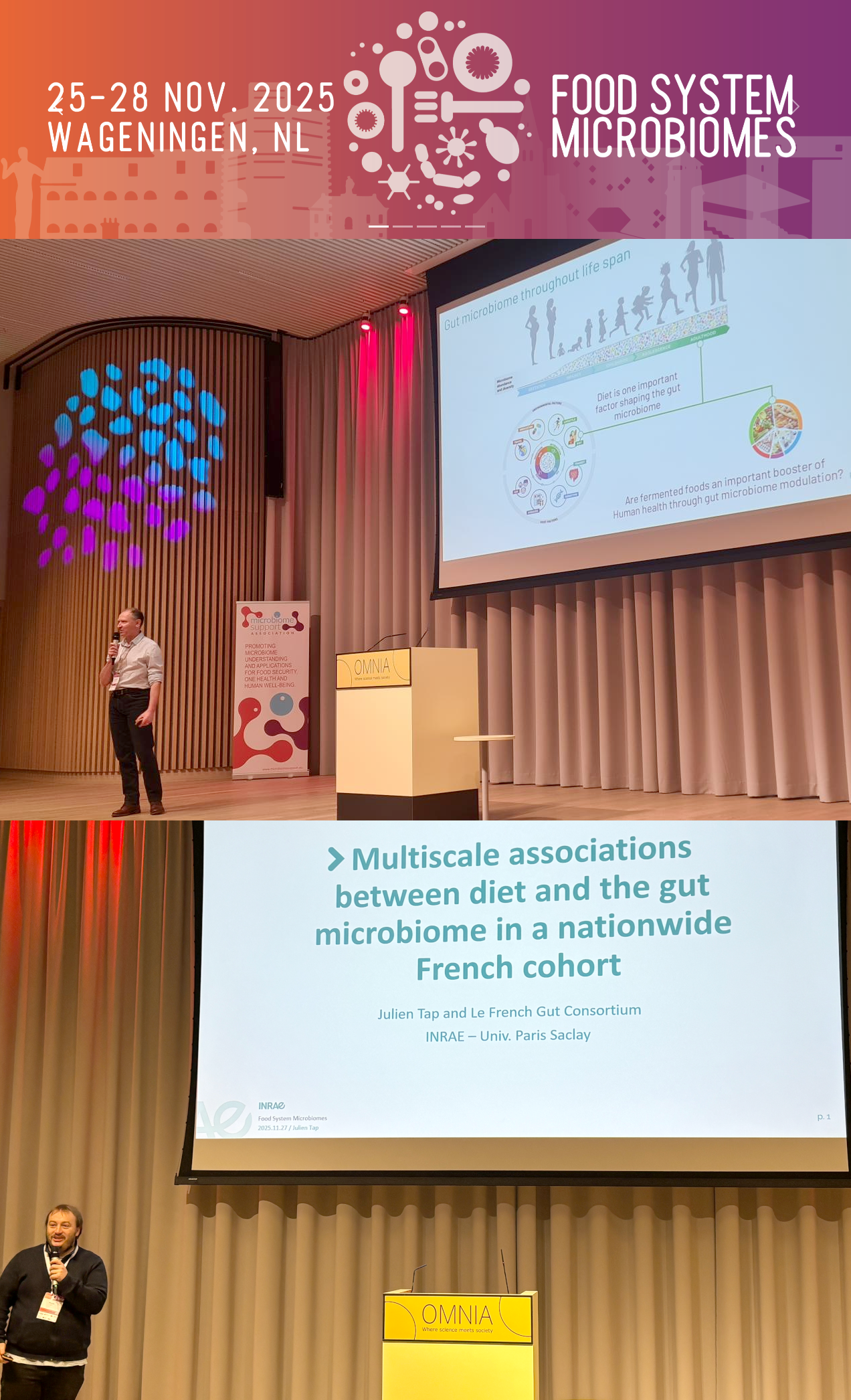
On Thursday 27 November, the FME lab took part in the Food System Microbiomes Conference in Wageningen during the session dedicated to the connections between microbiomes, nutrition and health. The session was co-chaired by Stéphane Chaillou (INRAE, Micalis) and Prof. Christophe Courtin (KU Leuven), and provided an opportunity to showcase advances from two major European projects: DOMINO and HealthFerm.

A new scoping review published in Frontiers in Nutrition1 as part of the COST Action PIMENTO initiative provides a comprehensive assessment of what is currently known about the health effects of fermented foods in specific human populations. This work reflects a substantial collective effort. We conducted an extensive and rigorous screening of the scientific literature, reviewing and selecting studies across many categories of fermented foods and health outcomes.
-
Humblot Christèle, Alvanoudi Panagiota, Alves Emilia, Assunçao Ricardo, Belovic Miona, Bulmus-Tuccar Tugce, Chassard Christophe, Derrien Muriel, Karagöz Mustafa Fevzi, Karakaya Sibel, Laranjo Marta, Mantzouridou Fani Th, Rosado Catarina, Pracer Smilja, Saar Helen, Tap Julien, Treven Primož, Vergères Guy, Pertziger Eugenia, Savary-Auzeloux Isabelle, A scoping review of the health effects of fermented foods in specific human populations and their potential role in precision nutrition: current knowledge and gaps. Frontiers in Nutrition. 2025 doi:10.3389/fnut.2025.1650633 ↩